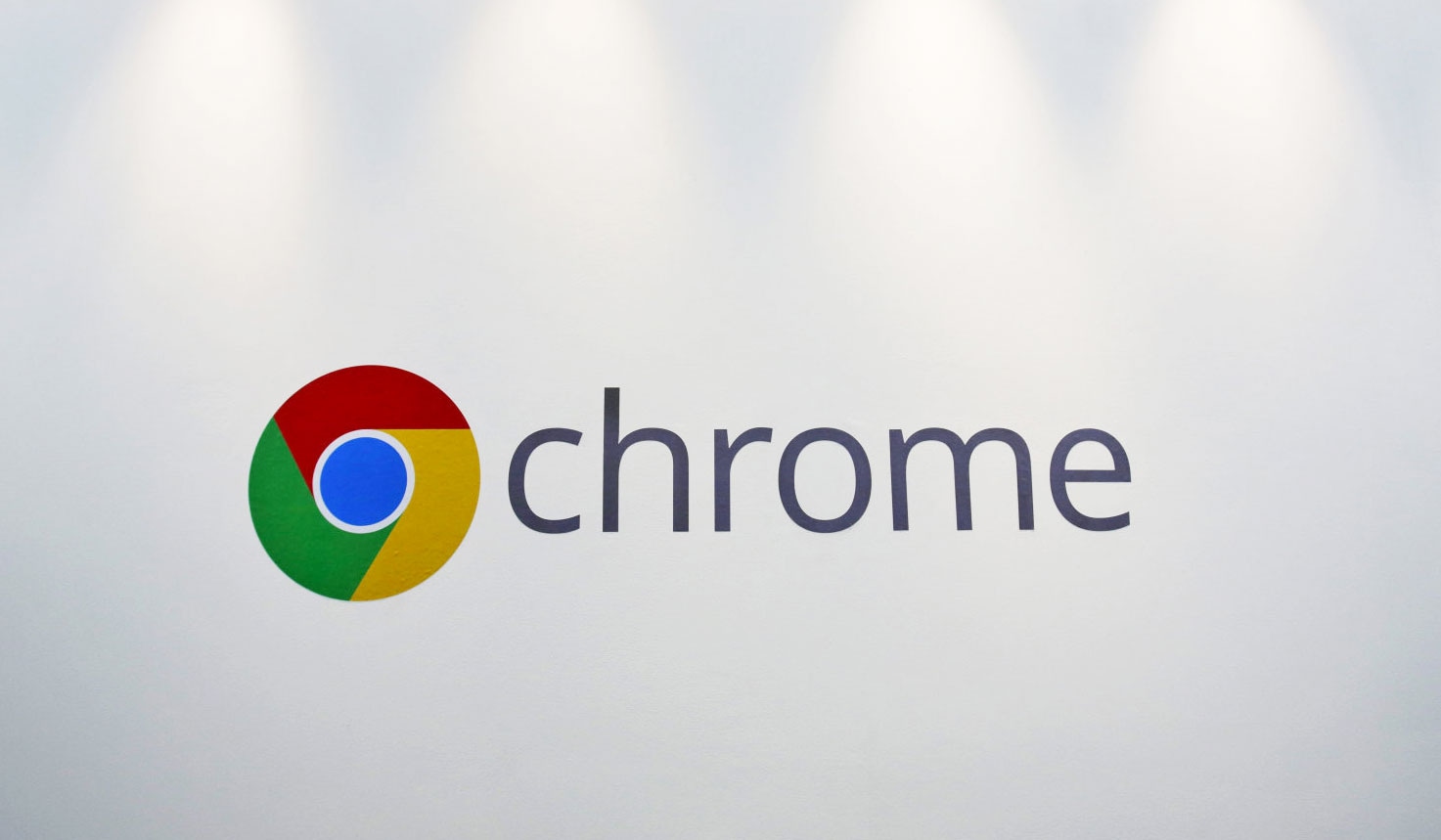Hong Kong Internet Group Resists Chinese Censorship
The Reds are clever. They are relentless. Where they hold power they are, as they’ve always been, ruthless in suppressing challenges to it.

demonstrators n Hong Kong
The People’s Republic of China is no different. It has long operated one of the most sophisticated, thorough, and effective internet censorship systems in the world. The PRC is especially ferocious in attacking the anyone who erects proxies or VPNs to help other citizens bypass the state blockades.
Why can’t Beijing crack down?
The PRC is supreme in its core territories. It faces extreme difficulty, though, in forcing Hong Kong’s web traffic through the state’s firewalls. Consider, for example, what happened when a report began circulating all over East Asia that Beijing was planning to block access to certain websites and online services. The Hong Kong Internet Service Providers Association (HKISPA) said it would not and could not comply:
Technically speaking, given the complexity of the modern internet including technologies like VPN, cloud, and cryptographies, it is impossible to effectively and meaningfully block any services, unless we put the whole internet of Hong Kong behind large scale surveillance firewall.
Of course, Beijing could throttle web services in Hong Kong anyway. But it can do so only at the cost of stifling industry. This outcome the state wants to avoid if it can. China already suffers severe economic pain, and will tolerate otherwise intolerable challenges to prevent more.
Of course, it’s impossible to predict how much more Beijing will tolerate. The regime may be nearing its limit.
So far, though, the Hong Hong ISP Association seems undaunted. It continues to remind the regime that it will pay a fearful price for further efforts to suppress internet freedom.
What price will Beijing pay to maintain control of the web?
…Imposing any insensible restrictions on the open internet would only result in more restrictions, as the original restrictions wouldn’t be effective, and ultimately the result is putting Hong Kong’s internet behind a big firewall. Therefore, any such restrictions, however slight initially, would start the end of the open internet of Hong Kong, and would immediately and permanently deter international businesses from positing their businesses and investments in Hong Kong.
This doesn’t mean Beijing is or has been completely passive about the matter. Telegram, an encrypted message service used to coordinate recent mass demonstrations, has suffered a series of massive DDOS attacks. These attacks were almost certainly the state’s handiwork. Still, the Hong Kong ISPs insist they won’t censor Telegram or any other platform.
Beijing has to be careful. The PRC’s economy is already fragile, with growth slowing sharply, and U.S. tariffs are likely to sharpen the pain. A crackdown on internet services in Hong Kong would induce a mass exit of international businesses. China’s economic crisis, severe already, would worsen exponentially.
How will the standoff end? We’ve no idea, but we’re certain to see a great deal of drama before it’s over.
For the best internet connection, shop with Satellite Country. Compare all plans, then call 1-855-216-0185. We can help.




